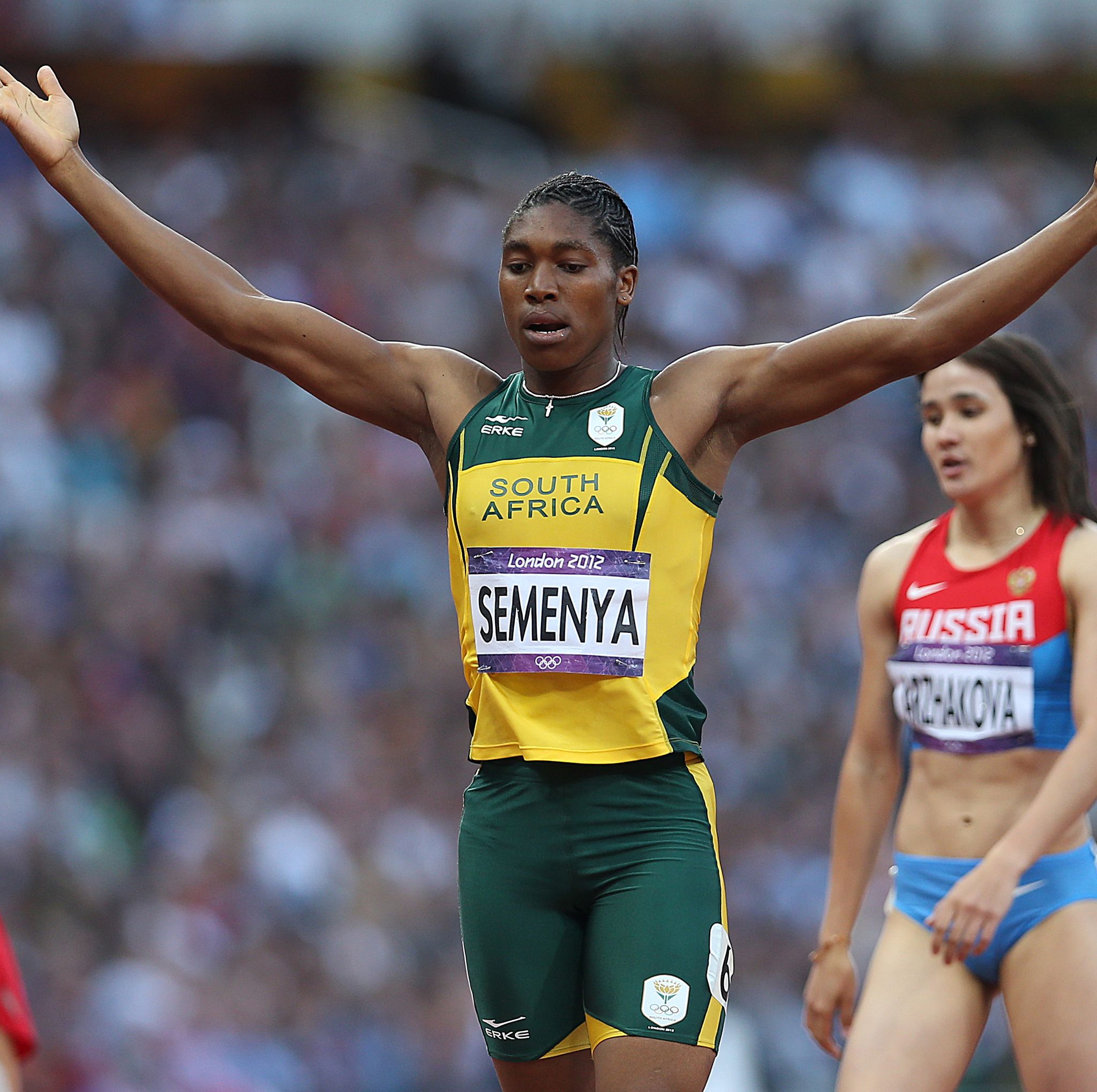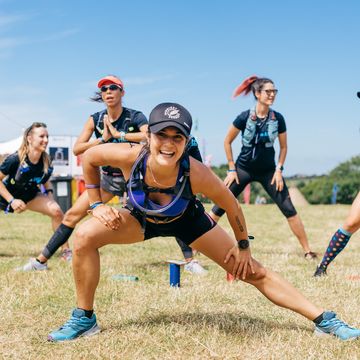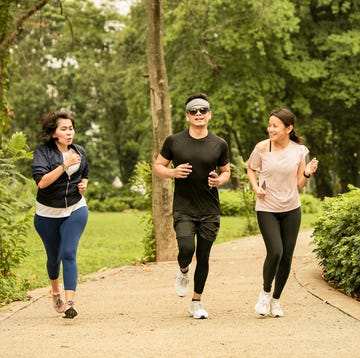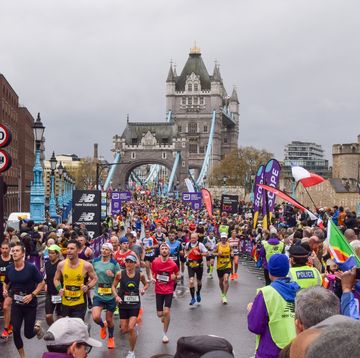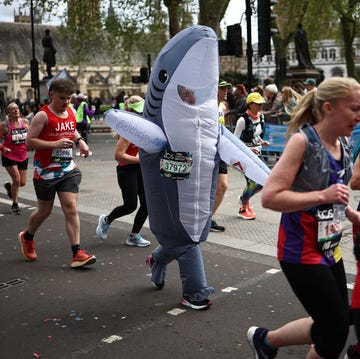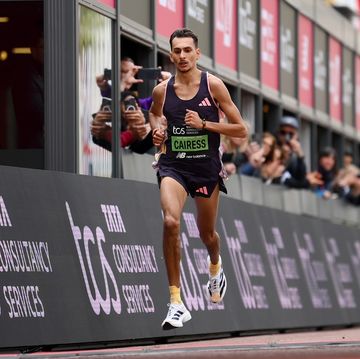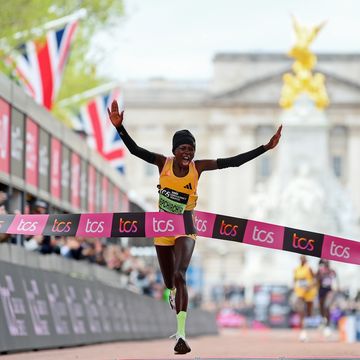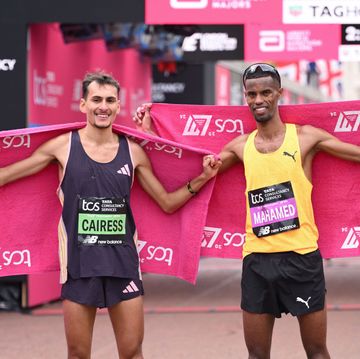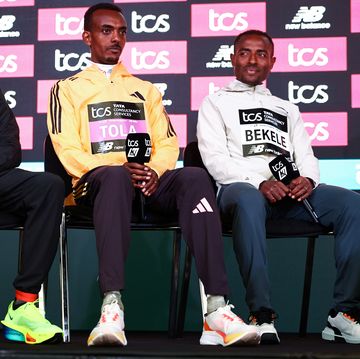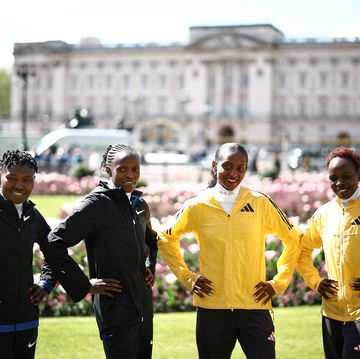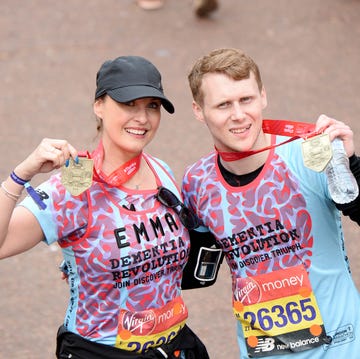Double Olympic 800m champion Caster Semenya has failed to qualify for the 5000m at Tokyo.
The South African athlete came fourth in a 5000m race in Liege, Belgium on Wednesday, running 15:50.12 – well short of the 15:10.00 time needed to qualify for the Olympics. But officials said that even if she had met the time, Semenya would still have failed to qualify for the Games as her appearance came after the official deadline of June 29.
Athletics South Africa spokesman Sifiso Cele told Reuters: 'We did double check with World Athletics about the deadline and it was cast in stone. There would have been no special grace for Caster'.
Prior to Wednesday's race, Semenya had run 15:57.12, 15:32.15 and 15:52.28 in June, April and May respectively. While her 15:32.15 run was a new personal best, none of her attempts this year have come close to the qualifying time.
Semenya is best known as an 800m athlete, having won gold in the 800m race at the London 2012 and Rio 2016 Olympic Games. However she is attempting to qualify for the 5000m due to new eligibility rules. Since a ruling from World Athletics came into force in 2018, athletes with differences of sexual development (DSD) who want to compete in distances from 400m to one mile must either take medication to reduce their testosterone levels or switch to another distance.
World Athletics says the higher levels of testosterone present in DSD athletes give them a ‘clear performance advantage’ in long sprint and middle-distance competitions.
But Semenya refuses to take testosterone-reducing drugs, arguing that it could endanger her health and that the ruling denies her and other athletes with differences of sexual development (DSD) the right to rely on their natural abilities.
‘I just want to run naturally, the way I was born,’ she said. ‘I am Mokgadi Caster Semenya. I am a woman and I am fast.'
Semenya has taken her case against the ruling to both the Court of Arbitration for Sport and the Swiss Federal Supreme Court, both of which have denied her appeal. In 2021 she went one step further and appealed to the European Court of Human Rights, attempting to qualify for the 5000m distance in the meantime.
